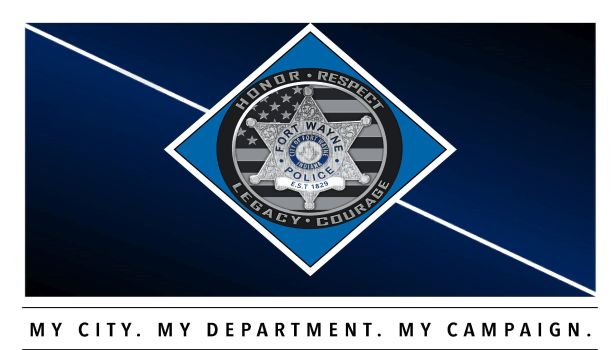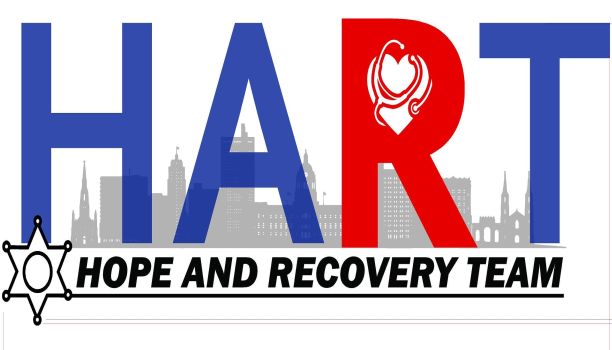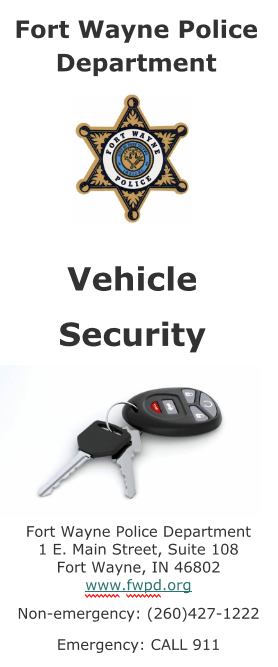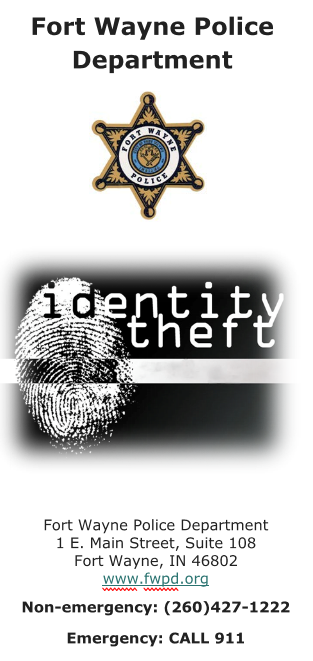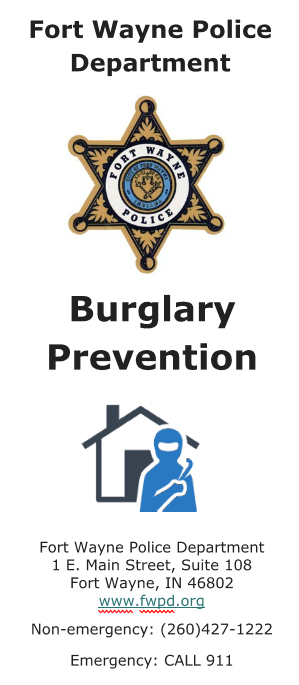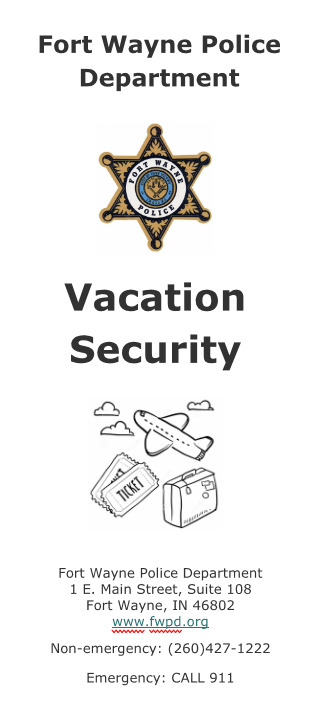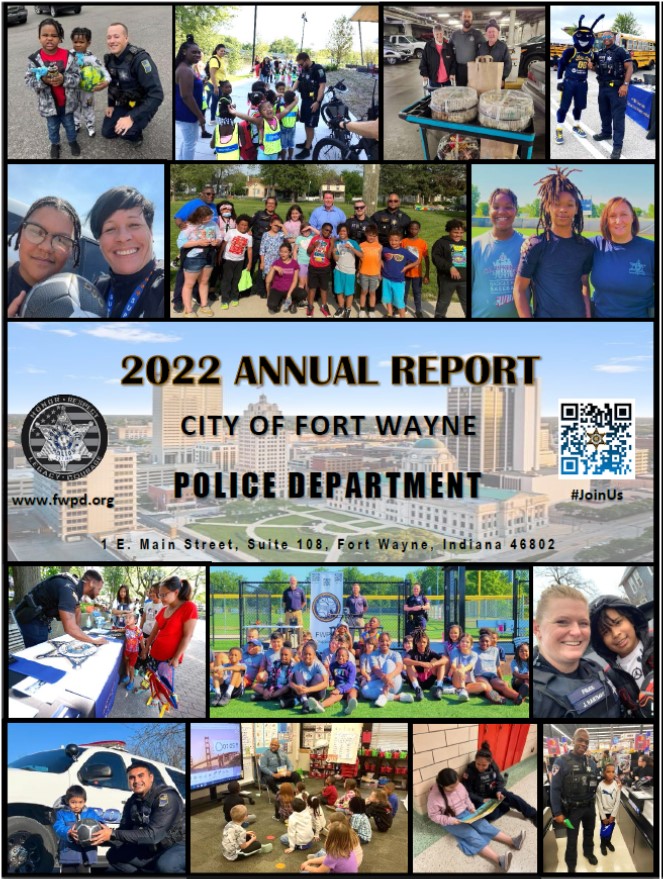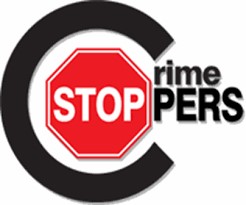Street Crime Unit
- Details
- Published: Tuesday, 20 April 2021 08:52
The Street Crimes Unit (SCU) of the Fort Wayne Police Department addresses crimes that are being committed by the same criminals on a daily, weekly or monthly basis, either individually or as a group. The SCU gathers all the needed documentation and witness statements to assemble a case against these individuals. The SCU detectives also look for patterns where there may two or more people operating together as a team or a group and get the appropriate charges filed against the entire group as a whole and not just the individuals.The SCU has had success prosecuting by working closely with the Allen County Prosecutor’s Office, local retailers, as well as other federal, state, and local law enforcement agencies.

